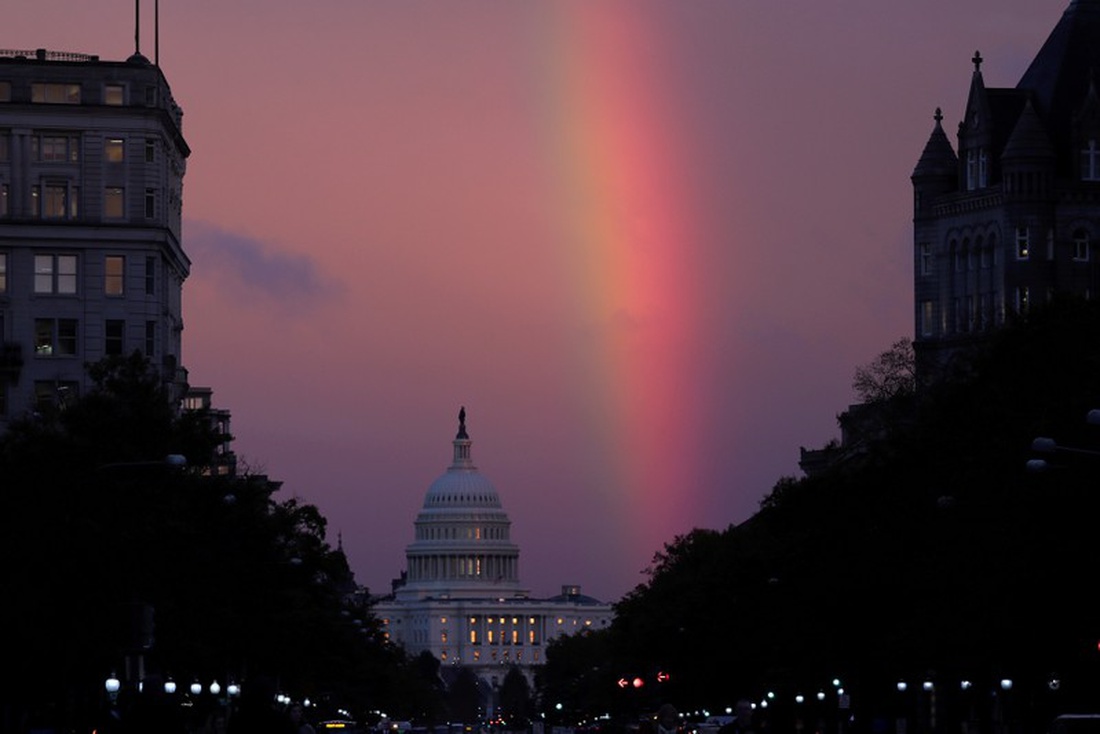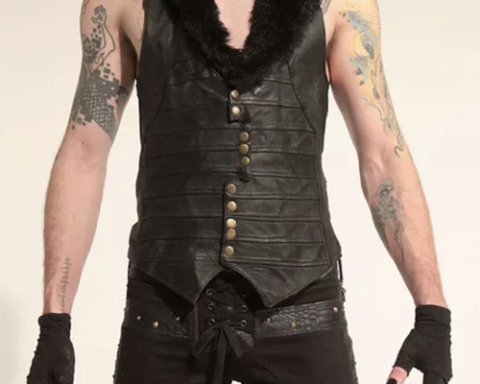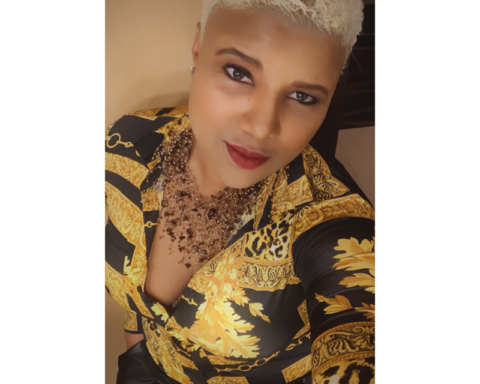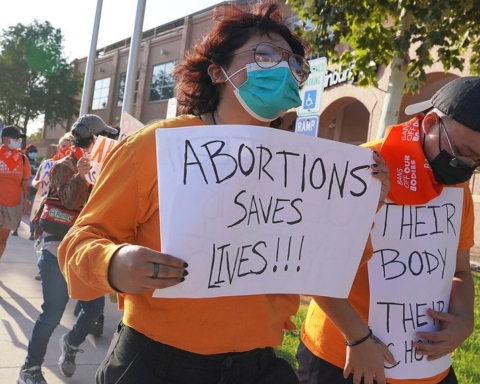The 2018 midterm-elections became the focal point for American politics this past November as we experienced an impressive nationwide push getting citizens inspired to exercise our right to vote. Major governmental issues have been at the forefront of of conversation when it comes to the political stance of candidates such as immigration, gun laws, gay rights, environmental needs, abortion laws and women’s rights, and policies on state and federal levels. Another major issue that came up this year was a brand new law that was passed creating voter suppression in rural communities, such as my home reservation of the Turtle Mountain Band of Chippewa (Anishinaabe/Ojibwe), by not allowing citizens to vote who use a Post Office box instead of a physical address. According toAamer Madhani and Deborah Barfield Berry of USA TODAY, “80% of voters said it is very or somewhat important that more women and racial minorities be elected to public office.”Due to our increasing need for diversity in representation, we saw record breaking numbers of electoral candidates from Native Americans, Muslims, POC, members of the LGBTQ communities, to over 100 women being elected. As the votes started pouring in, the results have made it fairly safe to say that the voting citizens of America have heard the warning signs and are responding by using their ballots as voices in this years midterm-elections.
Our current divided state among Americans is mostly due to differences in the perspectives of our laws on guns, immigration, abortion, environmental issues, gay rights, education, and healthcare. 2018 has been a recurring mass gun murder and school shooting nightmare shifting the focal point from children’s educational safety to creating stricter gun laws. Speaking of children, we have also witnessed thousands of refugees fleeing their countries to come to America for safety only to be held up at the borders in cages while small children have been separated from their families. As we are rushing to find safe conditions for immigrants and from guns, Americans are also facing displacement due to hurricanes, wildfires, finding safe drinking water and protecting our water sources from big oil contamination; all elements that are playing major roles in our environmental needs and making sure that our lawmakers are recognizing the effects of global warming and climate change. It is the elected leaders who get the final vote to make these decisions and it is our duty to vote in the people we feel best represent us in Congress. Ensuring that Americans are fairly represented in our government allows us to be whoever we want, marry whoever we please, live a healthy life, and find safety in our communities. Those are just a small handful of reasons to why it is our civic duty to get out and vote; which is what exactly what we did.
The 2018 midterm-election results have become a historical moment for our country filling tears in the eyes of women, LGBTQ communities, POC, even in the eyes of our non-voting youth. We voted in not only one, but two, of our very first Indigenous women to Congress in this election; Sharice Davids and Deb Haaland. Sharice Davids is a former MMA fighter and the only Native American lesbian to defeat the fourth-term incumbent representative of Kansas. An interesting fact is that Native people were not granted citizenship until 1924, meanwhile Native people were not allowed the right to vote until 1964 in New Mexico. That did not stop Deb Haaland from securing her seat as New Mexico’s first ever Native American Congresswoman which pointed out that Indigenous people are finally using our votes to be heard in Washington. Another heavily Indigenous populated state that has been on the national radar for highlighting the rights for the Native vote is North Dakota. A law went into effect just weeks before the midterm-election that stated that every voter MUST give proof of a physical address, making it extremely difficult for those of us who have never grown up on a street that had a government recognized street name. ND tribes took extreme measures hoping to ensure that our ballots were seen and counted by issuing free Tribal ID’s and avidly raising awareness about the voter suppression issues in our communities. The outcome fell short for gubernatorial candidate Heidi Heitcamp, however, we know we were heard in the state by getting to witness Ruth Buffalo being elected as the first Democratic Native American woman to North Dakota’s House of Representatives.
Included among the history making women were Ilhan Omar from Minnesota and Rashida Tlaib of Michigan as the first ever Muslim women elected to Congress. We have also seen Alexandria Ocasio-Cortez steal the seat from 10-term incumbent congressman Joe Crowley in New York as the youngest woman ever elected to Congress. Ayanna Pressley of Massachusetts became the state’s first ever black congresswoman, the same position that Jahana Hayes received in Connecticut. Tennessee also had an admirable win for the “pink wave” when Marsha Blackburn earned her position as the state’s first female senator. Kyrsten Sinema replaced Jeff Flake in Arizona becoming Arizona’s first ever female senator who happens to be openly bisexual. Kristi Noem became South Dakota’s first ever female governor along with Lou Leon Guerrero who also became the first female governor of Guam.
As the country was flipping the house from mostly Republican to Democratic, we also found there to be a little rainbow along with the “Blue wave”, such as the previously mentioned, Sharice Davids and Kyrsten Sinema. In an exciting win, Jared Polis was elected as the first openly gay governor of Colorado. Kate Brown of Oregon maintained her status as Oregon’s first openly bisexual governor along with Tammy Baldwin of Wisconsin who also was re-elected as state senator. Angie Creigh won a seat as Minnesota’s first LGBTQ congresswoman and Chris Pappas is New Hampshire’s first openly gay congressman. The Senator who wrote the bill which banned same sex marriage in California in 2000, had a son who ironically lost his seat to Katie Hill, she became California’s first ever openly bisexual congressional district representative. In a notable victory for the transgender community, Massachusetts voted to uphold the 2-year old law that protects transgender people from discrimination in public places. Transgender candidates Gerri Cannon and Lisa Bunker both were elected in New Hampshire along with fellow trans candidate, Brianna Titone, who was elected in Colorado despite a poll conducted by GabrielMagni and Andrew Reynolds of the Washington Post finding that voters are less likely to vote for gays or lesbians but even more unlikely to vote for transgender candidates.
The 2018 midterm-election results were a direct response to the questions raised by hopeful Americans who have been doubting government processes and have felt a lack of representation in Washington. While we have successfully elected these history making candidates into their new positions, our duties as citizens of the United States has only begun to scratch the surface. We need to continue to educate and inspire people to continue making history while maintaining the same energy we have showed this year in every election because we have proven that our vote counts. Good luck to the newly elected members that will be sworn in by January of 2019 and thank you for voting.
By Amelia Davis (an enrolled member of the Turtle Mountain Tribal Nations)






